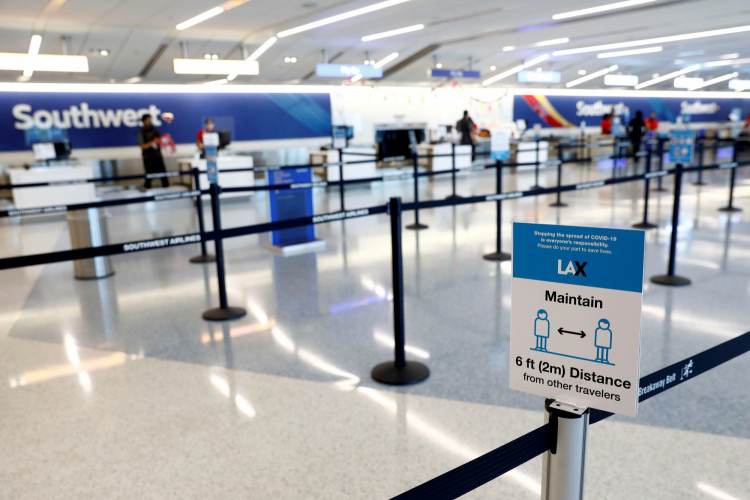Southwest Airlines, known for nearly 60 years of allowing passengers to check bags free of charge, will eliminate that iconic perk starting May 28, 2025, marking another significant shift as the airline restructures operations under pressure from investors.
The Dallas-based airline announced Tuesday that customers will soon face fees for their first and second checked bags. Exceptions include members of its A-List loyalty program, passengers holding the airline's branded credit card, and travelers flying on business fares, who will retain free checked baggage privileges.
CEO Bob Jordan said in a statement that introducing bag fees provides the carrier with a "tremendous opportunity to meet current and future customer needs," enabling Southwest to attract new customer segments and boost profitability. The airline did not immediately disclose pricing details for the new bag charges.
The decision reverses Southwest's long-held commitment to its "bags fly free" policy, which had been integral to its brand identity and marketing strategy. Southwest even trademarked the slogan, promoting its distinct position against competitors who have long levied substantial baggage fees.
Southwest's shift in strategy comes after activist investment firm Elliott Investment Management took a $1.9 billion stake in the airline last year, demanding improved profitability and efficiency. Elliott has pressured Southwest to revamp operations, leading to recent management changes and significant cuts in corporate staffing.
CEO Jordan previously expressed firm support for maintaining free checked bags, calling it a primary reason customers chose Southwest. Last year, he described the baggage policy as central to Southwest's competitive advantage, noting: "After fare and schedule, bags fly free is cited as the number one issue in terms of why customers choose Southwest."
However, Jordan's view shifted after the airline expanded ticket sales to third-party platforms such as Expedia and Google Flights. New data showed customers were often selecting flights solely based on lowest prices, regardless of baggage policies. Additionally, executives recently hired from other airlines advocating fee-based revenue strategies reinforced the decision.
"All of these initiatives are new to Southwest, but they are not new to the industry," Jordan stated during an investor conference Tuesday. He also asserted these changes "are exactly what our employees want us to do."
Analysts expect bag fees to immediately bolster Southwest's bottom line, given the airline historically handles two to three times more checked luggage than its peers. In 2023, Southwest collected $73 million from ancillary baggage fees despite its free bag policy, compared with significantly higher totals among major competitors:
- American Airlines: $1.4 billion
- United Airlines: $1.2 billion
- Delta Air Lines: $985 million
Jeff Windau, an analyst at Edward Jones, noted the risk of customer dissatisfaction but predicted limited negative impact if Southwest maintains competitive pricing. "While this could alienate some customers, other major airline peers have fees today," Windau wrote. "We do not envision a significant loss of customers."
Rival airlines quickly welcomed Southwest's move, anticipating opportunities to capture disillusioned passengers. Delta CEO Ed Bastian suggested during an investors' call Tuesday that Southwest's elimination of free checked bags could help rivals win over Southwest's customer base. "Clearly there are some customers who chose them because of that [bags fly free policy]," Bastian said. "Now clearly those customers are up for grabs."
United Airlines CEO Scott Kirby echoed the sentiment, highlighting the importance of baggage fees as a differentiator in the competitive budget-travel market. Kirby described Southwest's policy reversal as "the slaying of a sacred cow," predicting substantial benefits for competitors.
These sweeping changes come after Southwest's recent decision to lay off approximately 15% of its corporate staff-1,750 employees-to save roughly $210 million this year and an additional $300 million in 2026. The carrier also appointed Tom Doxey, previously of Breeze Airways, as its new chief financial officer earlier this year, signaling further operational transformations ahead.






